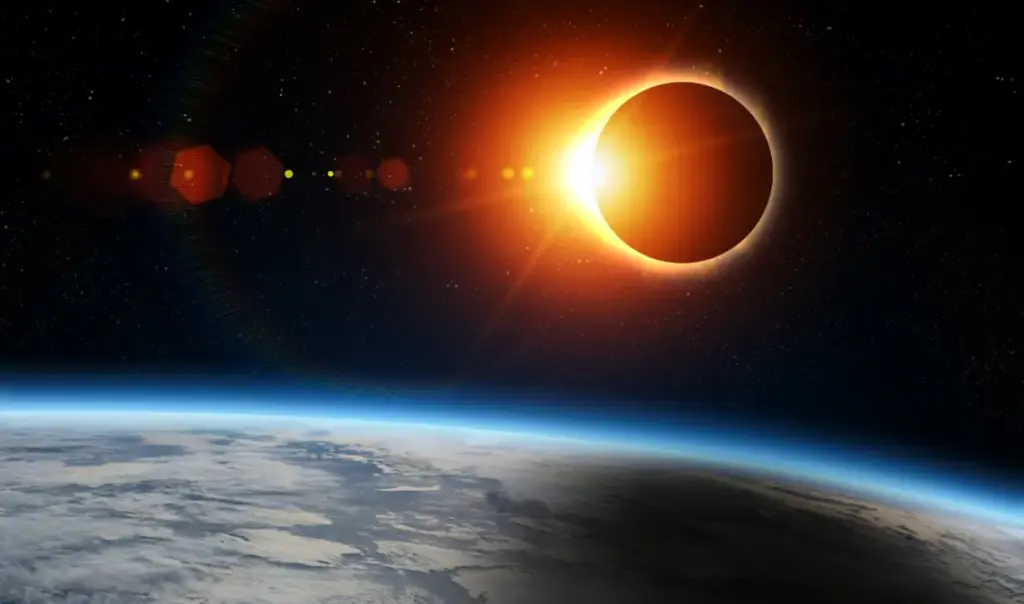NASA has officially debunked false claims circulating on social media about an alleged total solar eclipse on August 2, 2025. In its announcement, the American space agency emphasized that no solar eclipse is scheduled for that date, clearly refuting the online misinformation that caused confusion and concern.
NASA clarifies: No total solar eclipse will occur on August 2
Specifically, many posts claimed that a total solar eclipse was imminent on August 2, 2025, which would supposedly plunge Earth into darkness — with some characterizing it as the “last one for the next 100 years.” The rumor spread rapidly, creating anxiety, confusion, and numerous science fiction scenarios. NASA, however, rushed to restore the truth. In an official statement, the American space agency clarified that no total solar eclipse is scheduled for August 2, 2025.
According to NASA, the only solar eclipse expected in 2025 will be partial and will occur on September 21. In such an eclipse, the Moon covers only part of the Sun, resulting in the familiar phenomenon of the “crescent Sun.” Neither does darkness cover Earth, nor is the impressive moment of the “corona” that characterizes total eclipses observed. The September 21 eclipse will be visible only from selected regions of Africa, southern Asia, and Europe. In America, there will be no visual contact with the phenomenon at all. As NASA characteristically notes: “The claim that the entire Earth will be in darkness is scientifically impossible.”
How the rumors about a “total solar eclipse” began
The misinformation appears to have originated from an incorrect date reference. Many confused 2025 with 2027, the year when a long-duration total solar eclipse will indeed take place — and a spectacular one at that.
August 2, 2027 is the date astronomers are eagerly anticipating. On that day, a complete shadow of the Moon will trace an impressive path across the sky, with the duration of totality reaching 6 minutes and 23 seconds. This is the longest total eclipse visible from land since 1991 — a rare experience that far exceeds the usual duration of 2 to 4 minutes. Experts are already calling this upcoming phenomenon the “eclipse of the century.”




